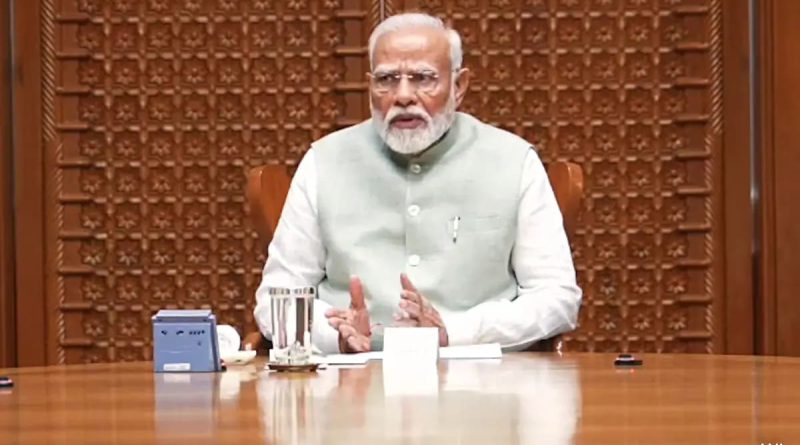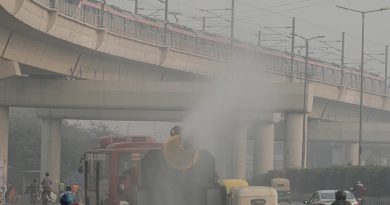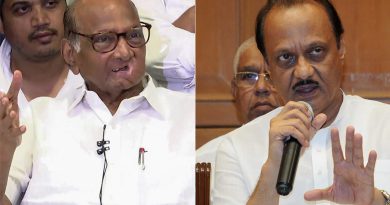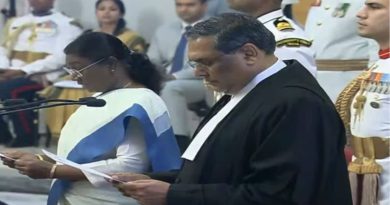PM Modi Chairs Urgent Top-Level Security Meet On Widening West Asia Crisis
Prime Minister Narendra Modi called an urgent meeting of the government’s topmost decision-making body – the Cabinet Committee on Security over the crisis in West Asia.
The committee comprising the Prime Minister, the Home Minister, the Defence Minister, the Foreign Minister, the Finance Minister and the National Security Adviser, discussed in detail the fresh hostilities in the Middle East and the sharp escalation after Iran’s ballistic missile attack on Israel.
Describing the recent developments in West Asia as “deeply concerning”, the highest committee in the country delved upon various issues arising from the ongoing and widening crisis.
Among several key issues, they discussed the impact on trade, navigation, and supply chains – especially the supply of oil, petroleum, and its products.
India has urged all parties involved in the conflict to address all issues urgently, and through diplomacy and dialogue. New Delhi has also said that the ongoing conflict “must not take a wider regional dimension.”
IMPACT ON MARITIME TRADE AND SUPPLY CHAINS
A conflict doesn’t just affect those who are party to it, but has a fallout that impacts the rest of the region and even the world. With the sharp escalation between Iran and Israel, India is bracing for wider trade disruptions across the key Red Sea and Gulf of Aden routes.
The conflict can lead to significantly higher cargo freight tariffs as Lebanon’s Iran-backed Hezbollah militants have close ties with the Houthi rebels in Yemen, who are responsible for most attacks on merchant ships and vessels carrying cargo via the Red Sea and Gulf of Aden routes.
The Red Sea crisis began in October last year, when Iran-backed Houthi militia disrupted global trade in the area. For India alone, it affected petroleum exports which dropped 37.56 per cent to $5.96 billion in August this year, down from $9.54 billion in the same month last year.
The Red Sea route followed by the Suez Canal accounts for 50 per cent of India’s exports – worth Rs 18 lakh crore, and 30 per cent of imports, worth Rs 17 lakh crore, as per data from 2023.
India’s overall merchandise trade (exports and imports combined) in FY23 was Rs 94 lakh crore, with 68 per cent (in value terms) and 95 per cent (in volume terms) shipped by sea.
India also trades heavily with the Gulf nations. As per the latest government data, the Gulf Cooperation Council or GCC now contributes 15 per cent of India’s total trade, and sectors like energy, defence, security, and health are growing rapidly in the region. The bilateral trade between India and the Gulf Cooperation Council countries reached $162 billion last year.
Disclaimer: (Only the headline and picture of this report may have been reworked by the KanoonKiBaat staff; the rest of the content is auto-generated from a syndicated feed.)
Source Link





